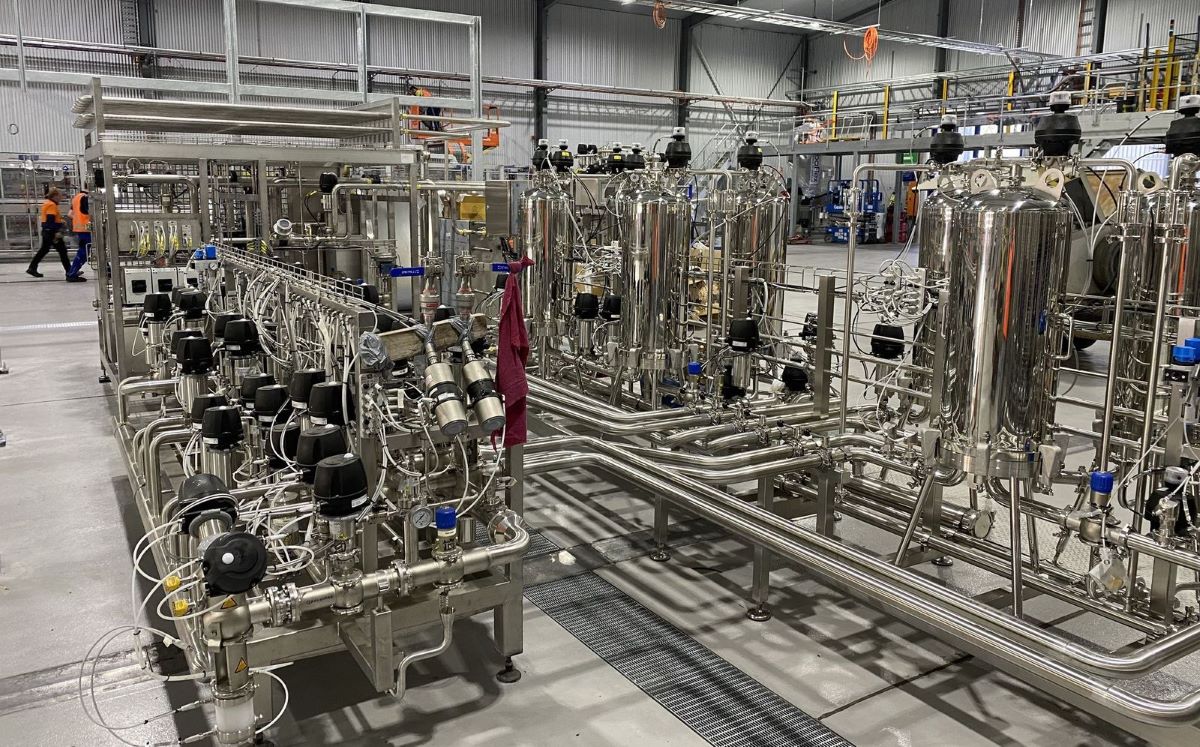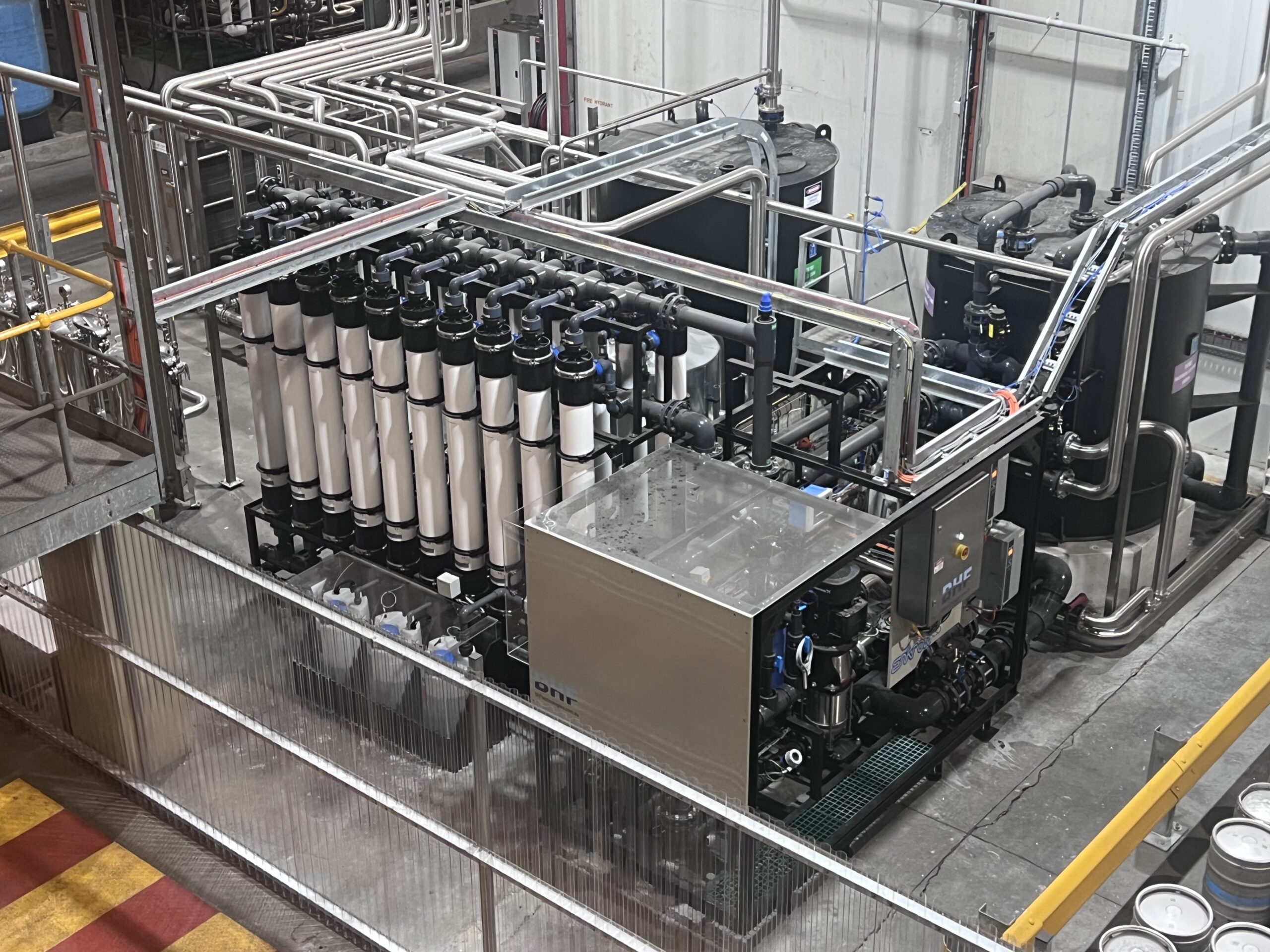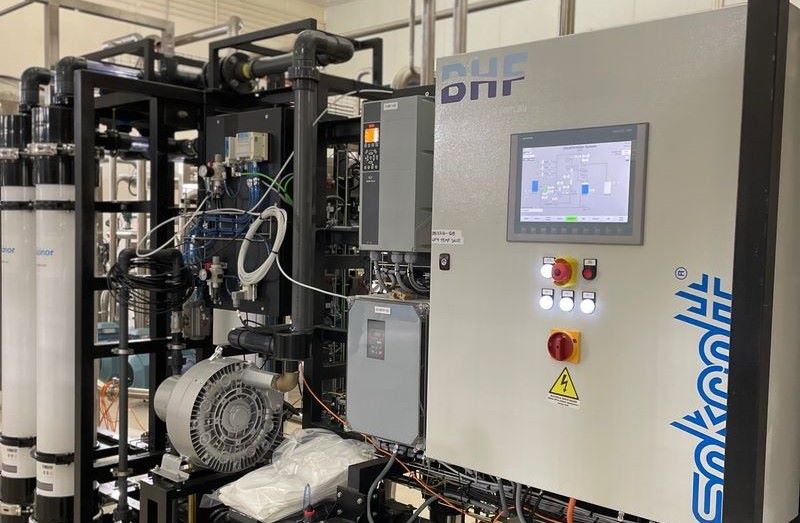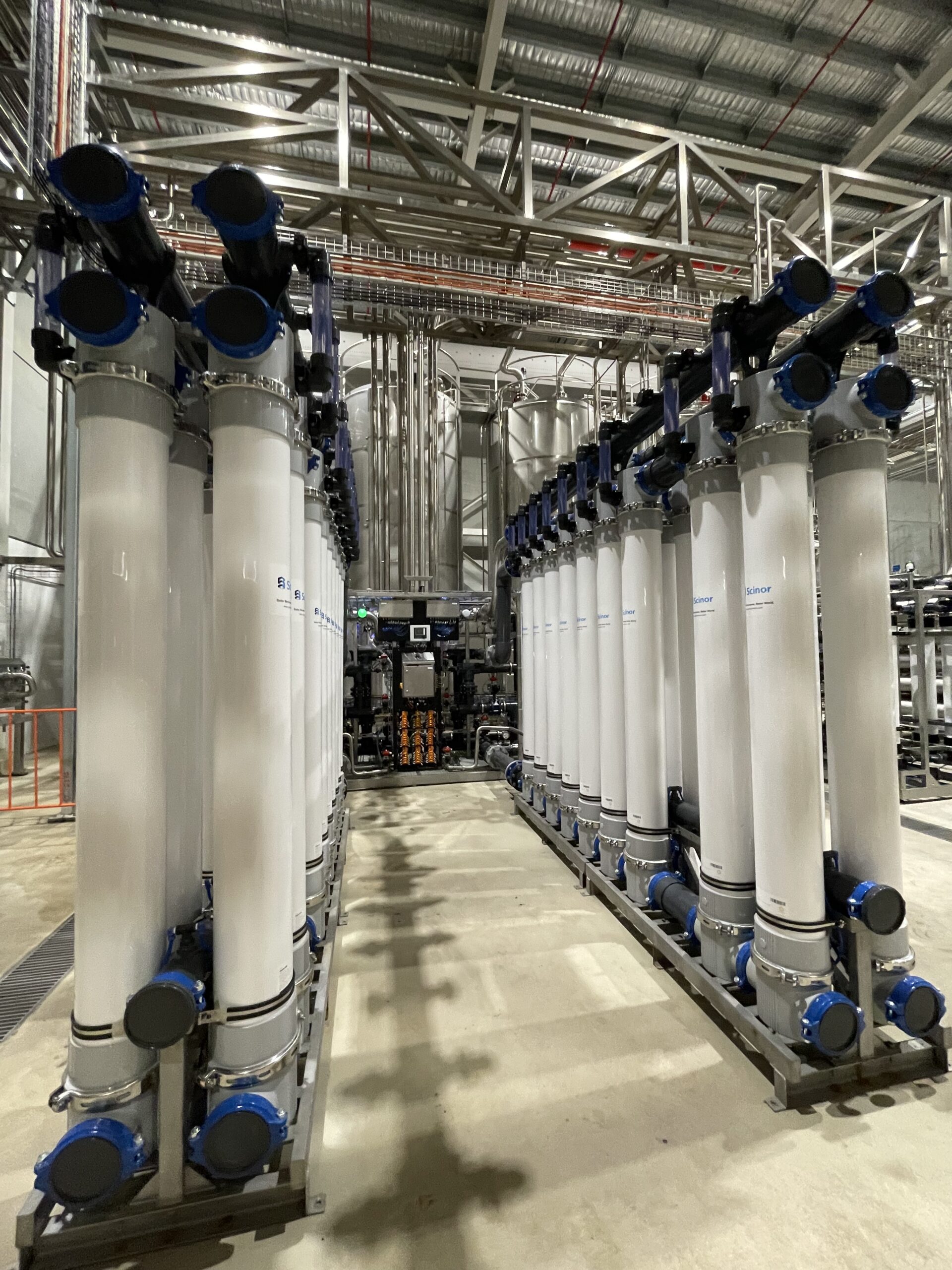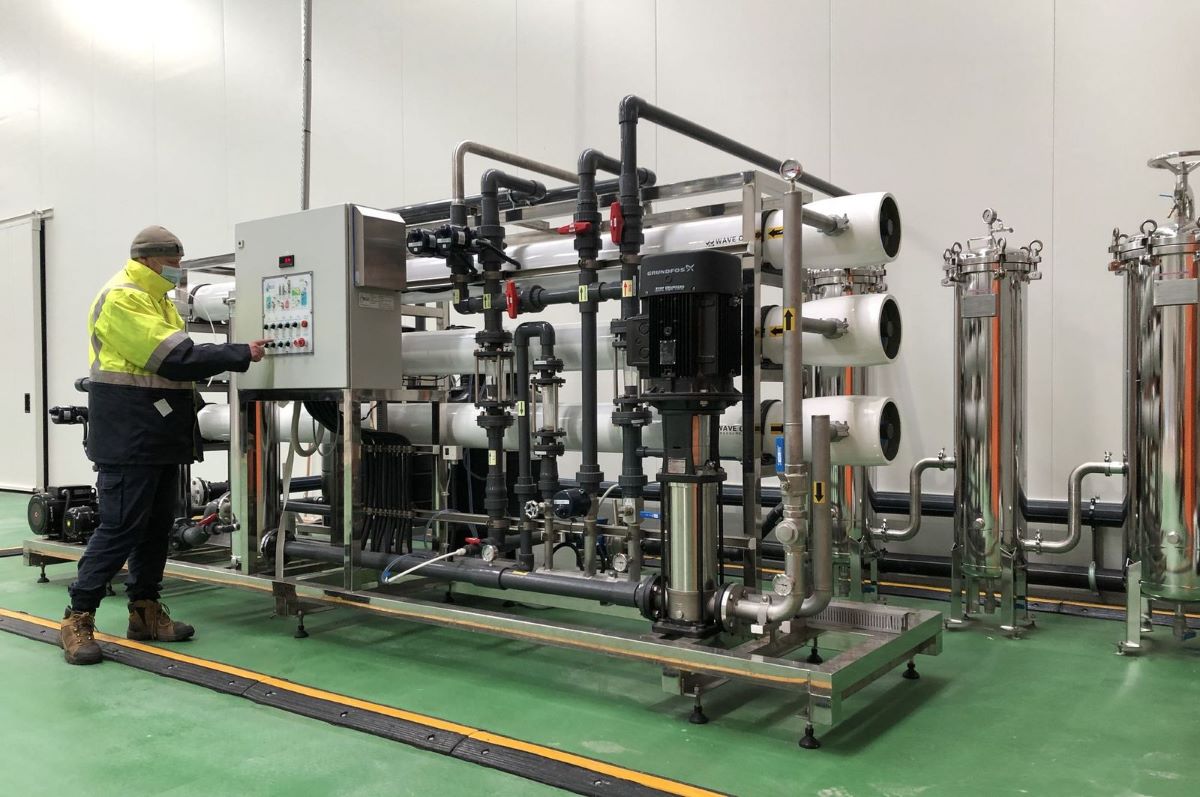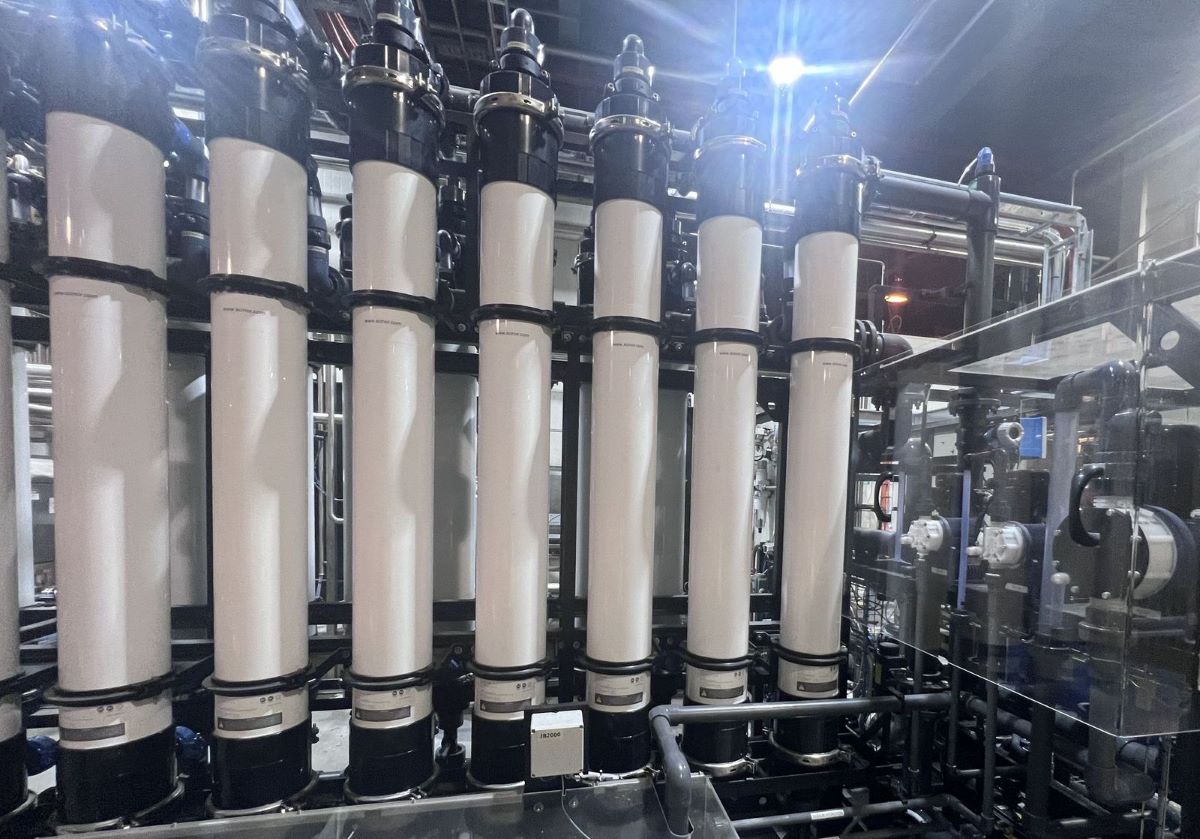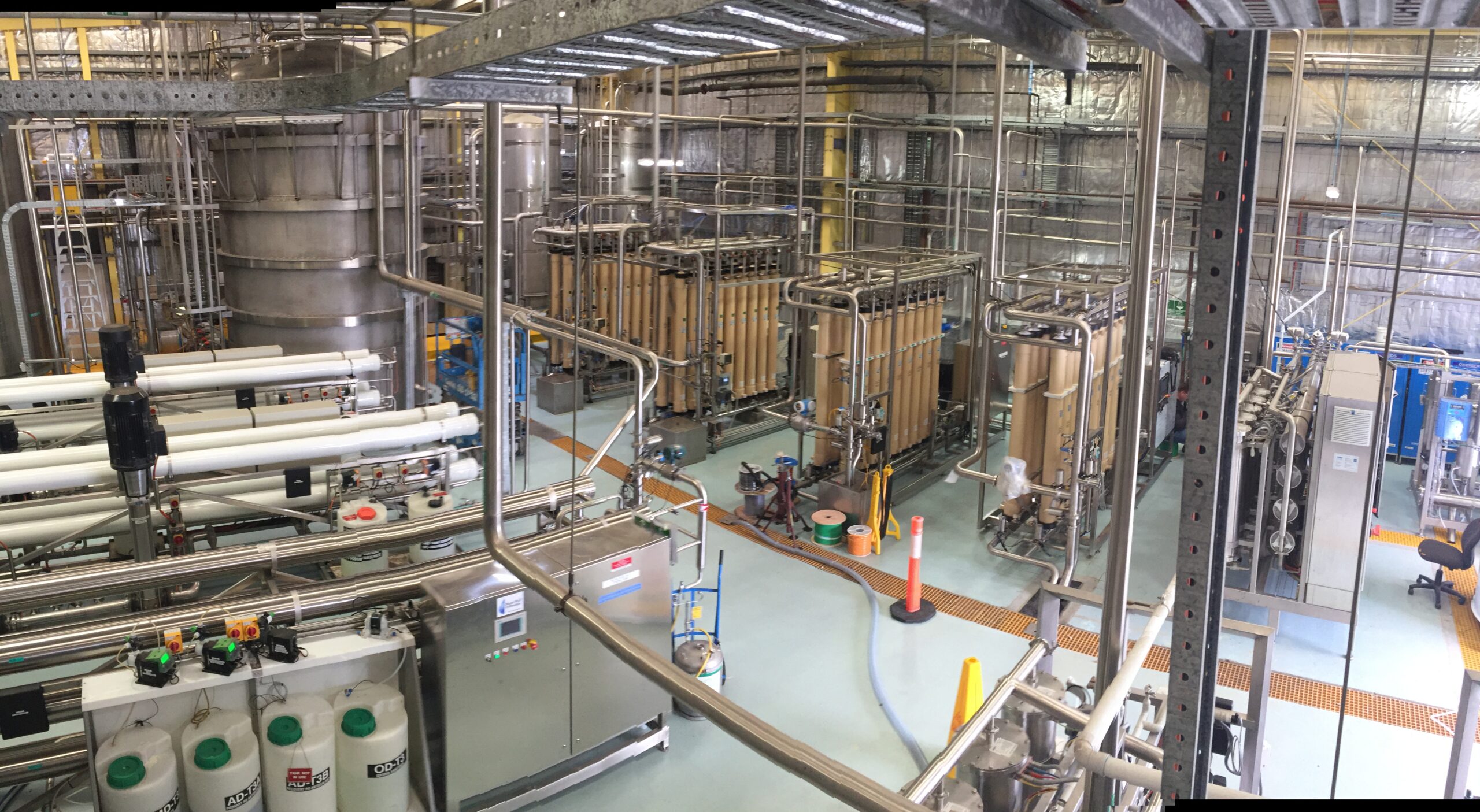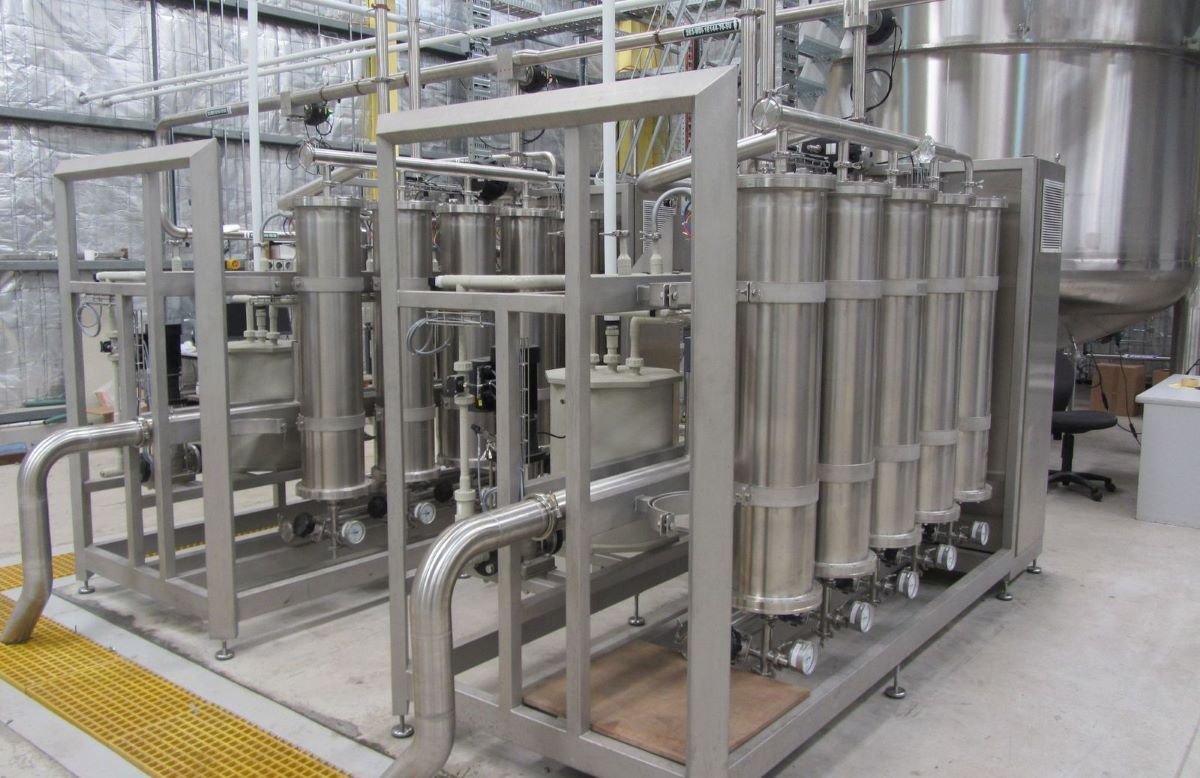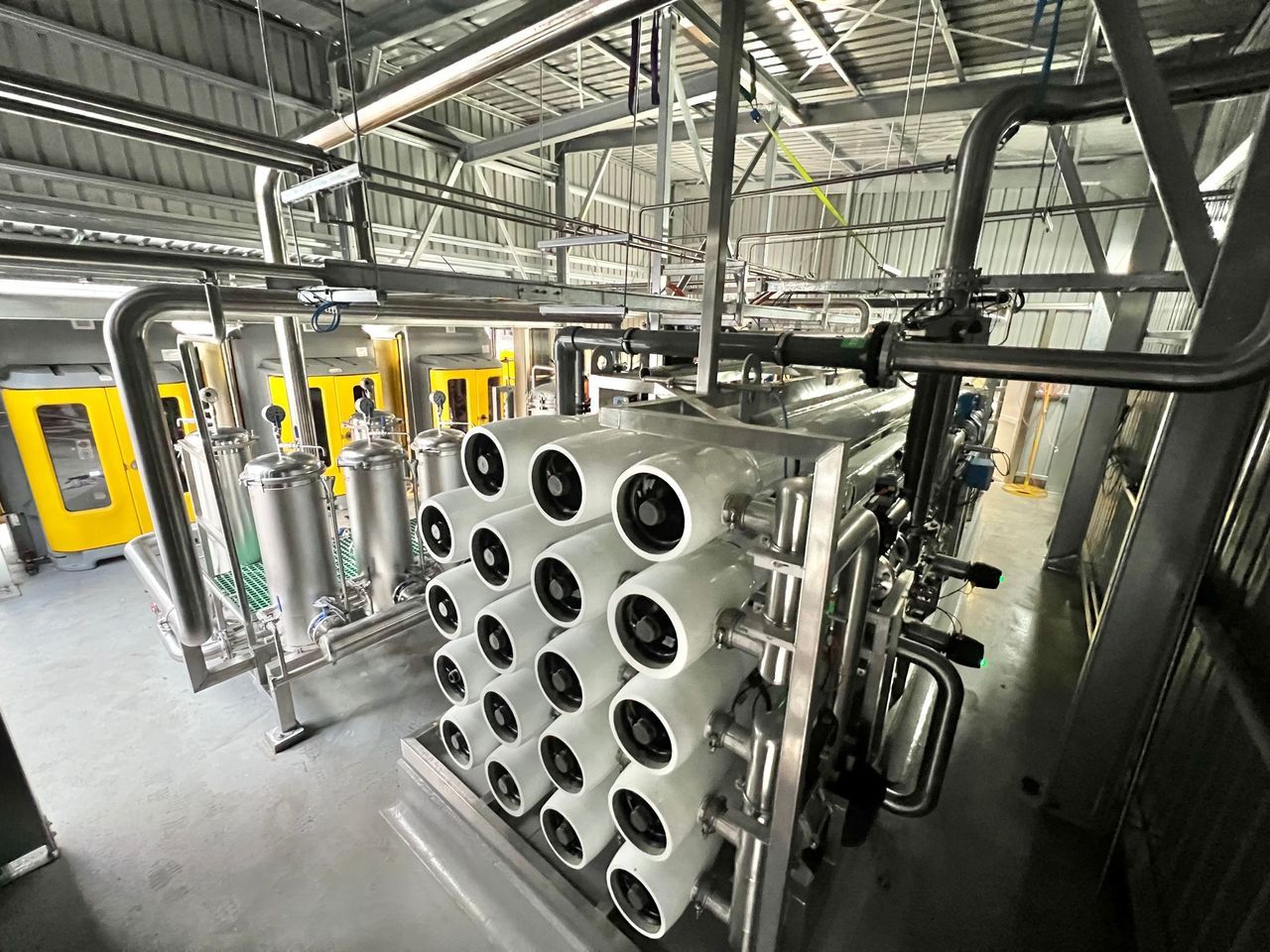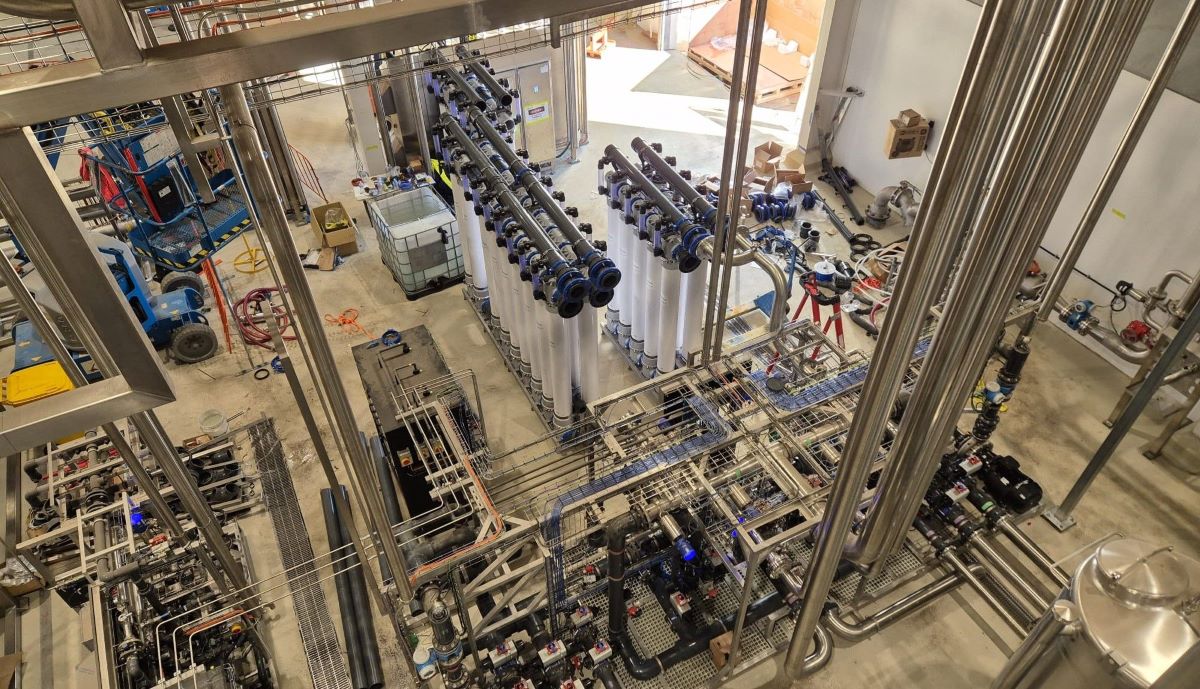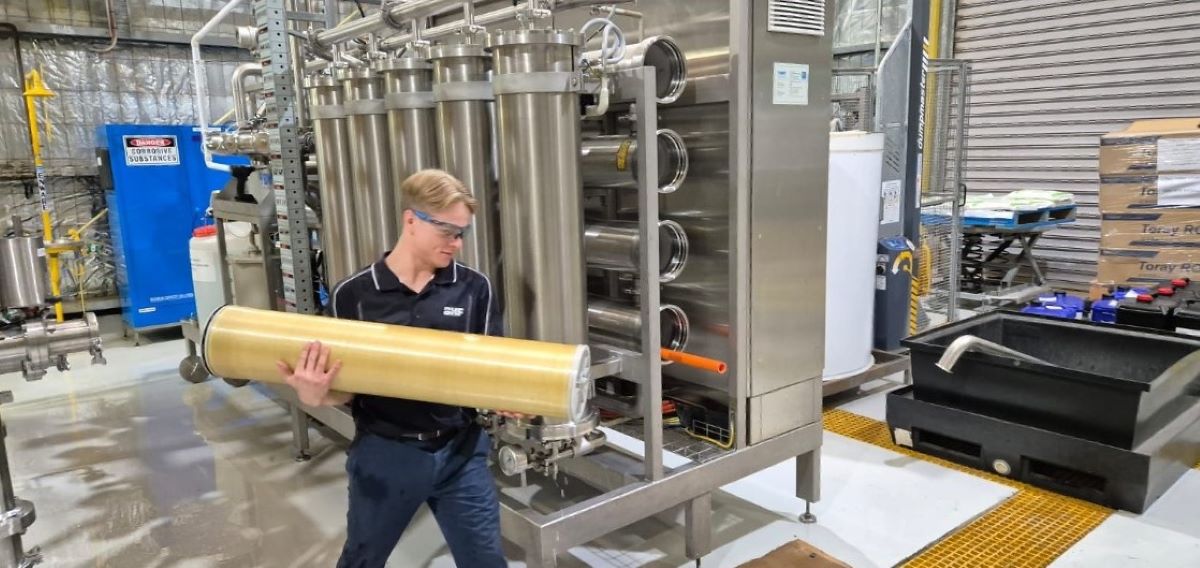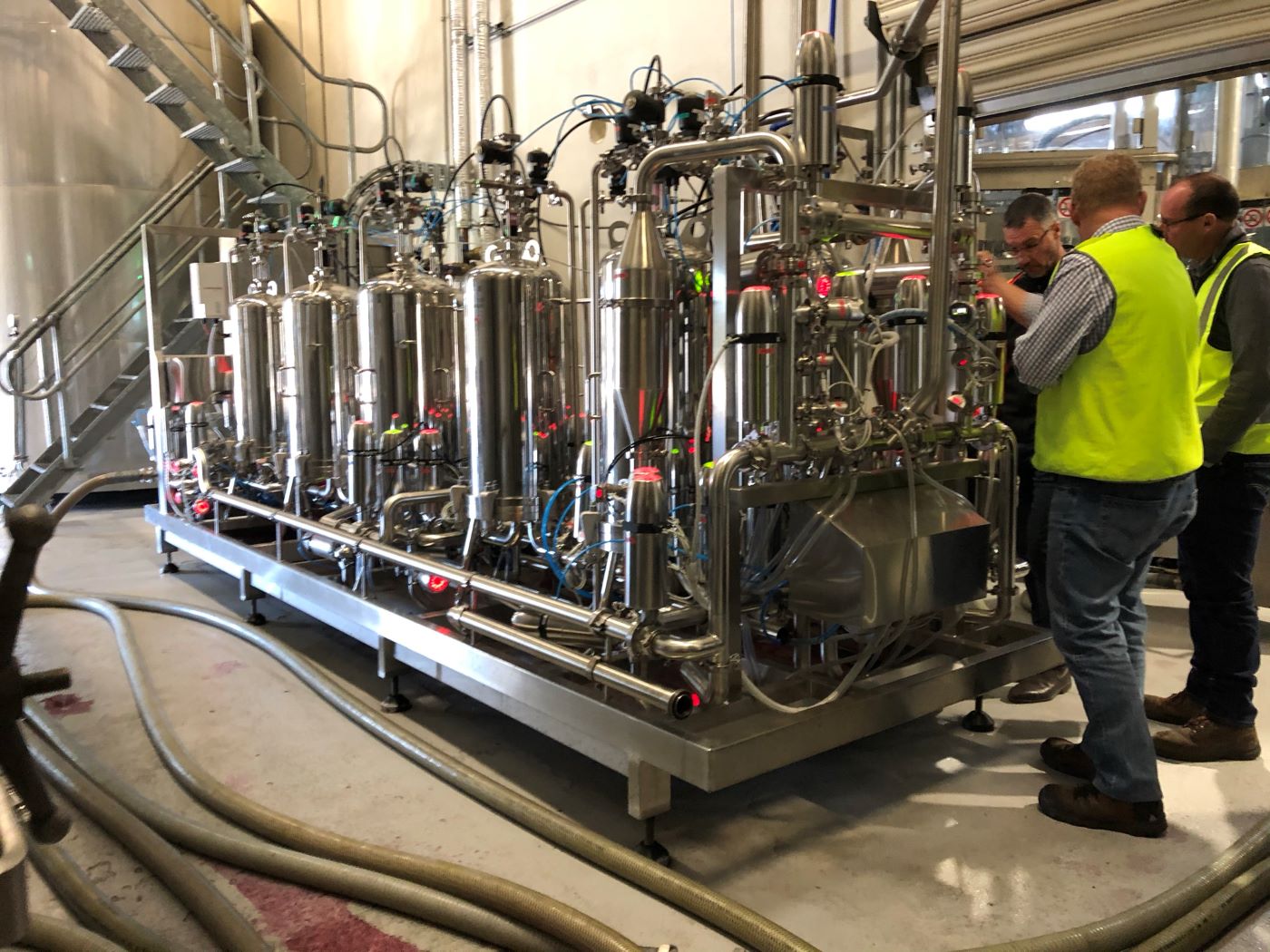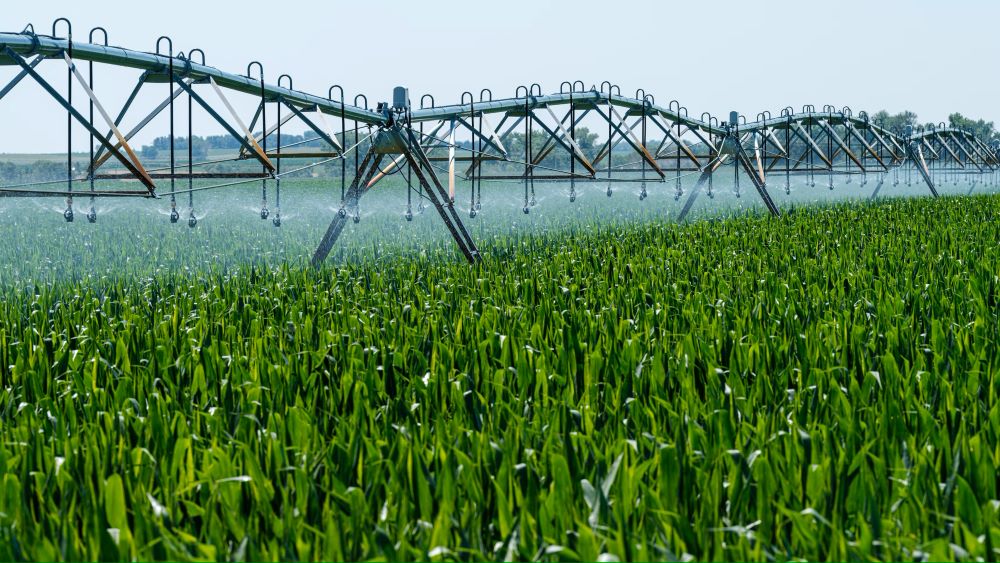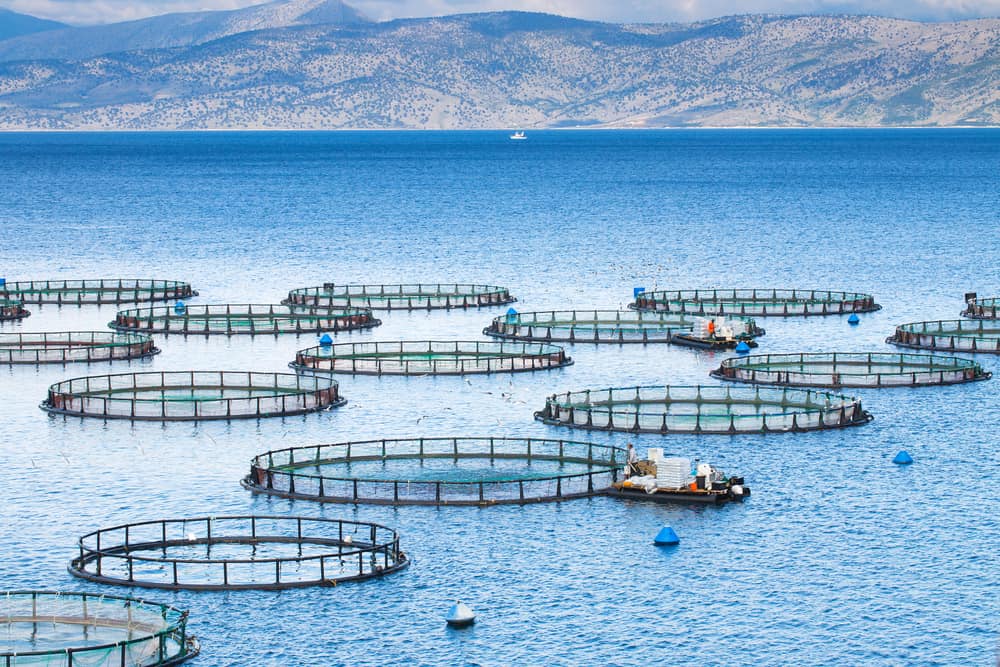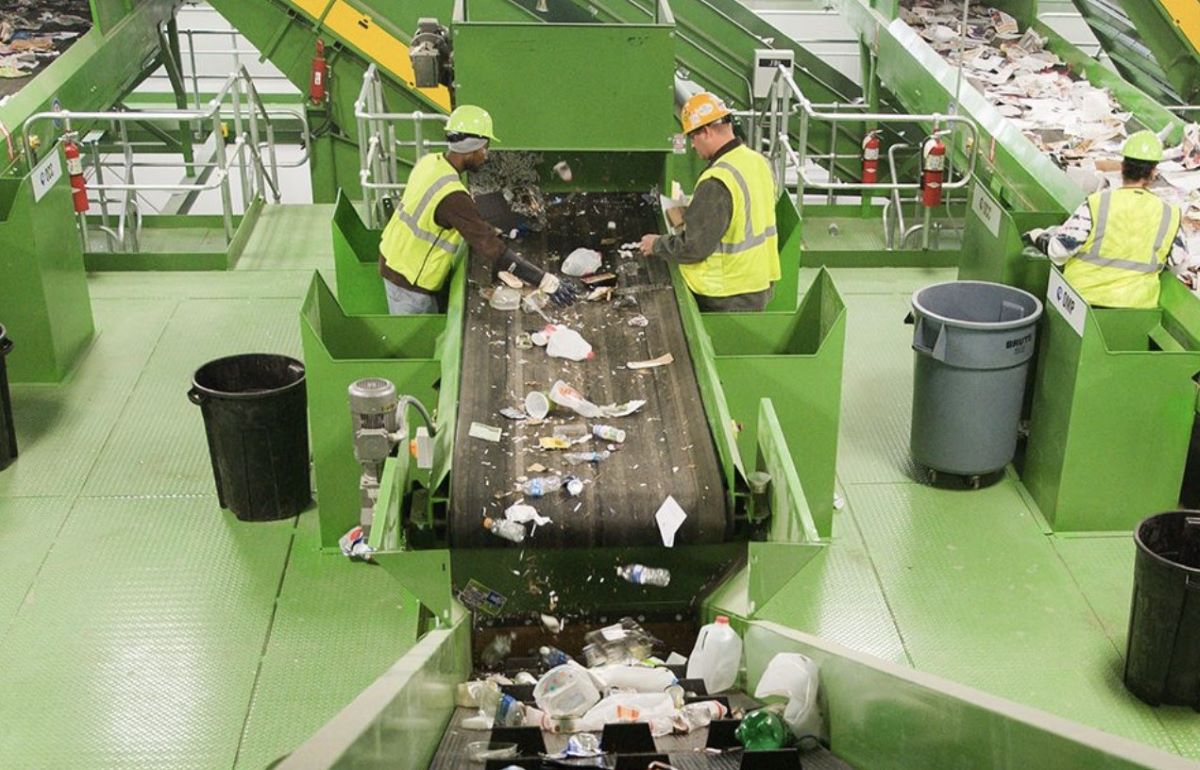Yeast Propagation
Yeast propagation is a vital preparatory step in the brewing process, focused on cultivating a healthy, active yeast culture that ensures consistent, high-quality fermentation. By growing yeast under controlled conditions prior to pitching, brewers can manage cell viability, reduce lag time, and enhance flavour outcomes.
In a typical yeast propagation application, a small volume of pure yeast is introduced into a sterile, oxygen-rich wort environment. This starter wort is maintained at an ideal temperature and continuously aerated to encourage rapid yeast reproduction. The process is carefully monitored to achieve the correct cell count and vitality before transferring the propagated yeast into the main fermentation vessel.
Proper propagation leads to predictable fermentation kinetics, complete sugar conversion, and minimised risk of contamination. It also allows brewers to reuse yeast across multiple batches without compromising quality.
Over the long term, yeast propagation supports cost-efficiency by reducing the need for frequent yeast purchases and improves control over the final product’s aroma, attenuation, and mouthfeel.
Yeast may be microscopic, but its role is monumental — and effective propagation is where consistent fermentation truly begins.





